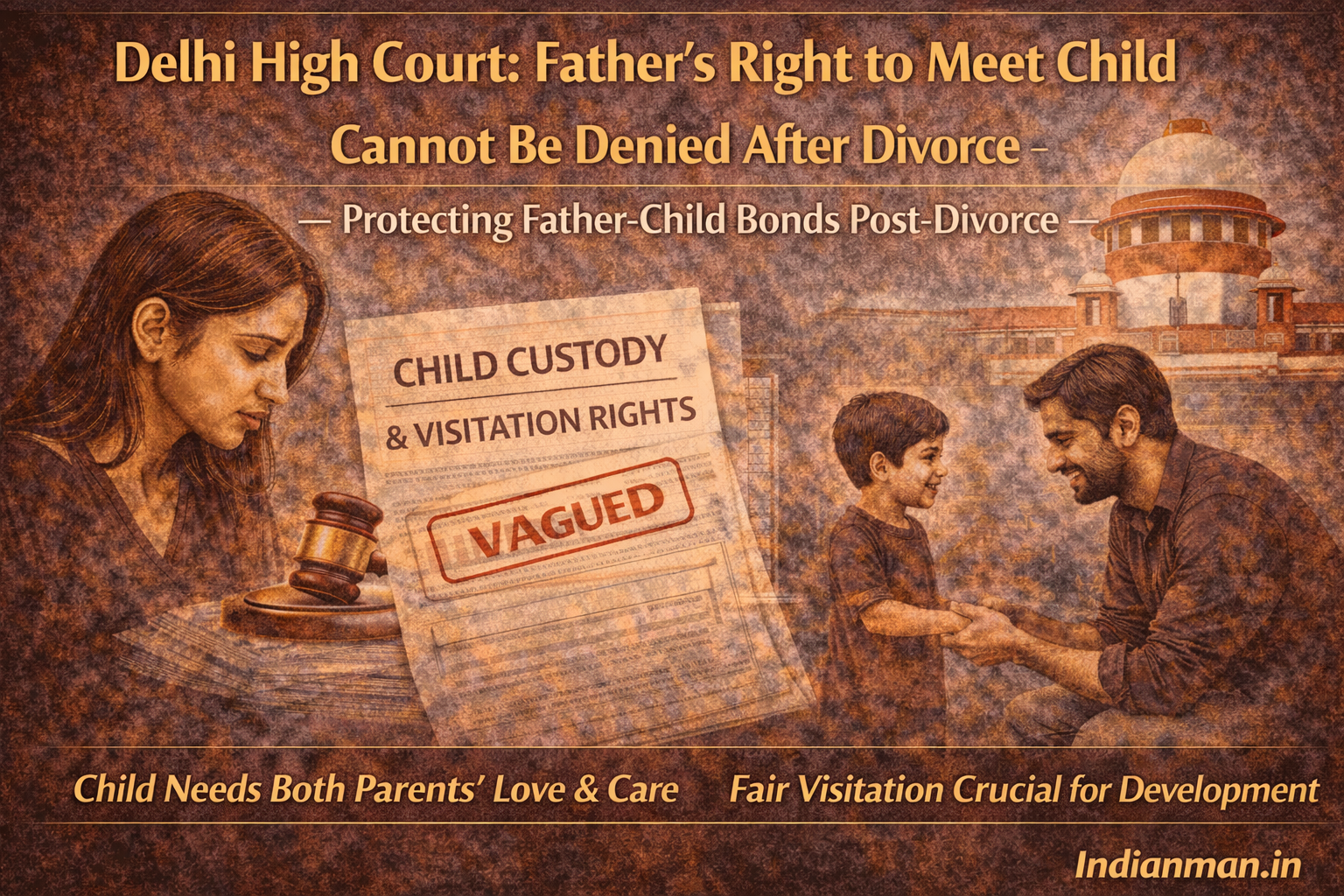SC: Woman Can’t Be Evicted From Her Home Just Because She’s Not Liked
The Supreme Court of India has made an important observation: a woman cannot be forced out of her home just because someone in the family can’t tolerate her presence.
This comment came from a bench of Justices Ajay Rastogi and B V Nagarathna during a case where a woman had challenged a Bombay High Court order. The High Court had told the woman and her husband to vacate her father-in-law’s flat, after he sought exclusive rights over the property under the Maintenance and Welfare of Parents and Senior Citizens Act.
The tribunal not only asked them to leave the flat but also ordered them to pay ₹25,000 as monthly maintenance. The woman then filed a petition under the Protection of Women from Domestic Violence Act, claiming her right to live in the shared household. The High Court later ruled that the husband must provide her with alternative housing but canceled the maintenance order.
She appealed the decision in the Supreme Court.
Justice B V Nagarathna made it clear that:
“A woman in a domestic relationship — whether a mother, wife, daughter, sister, or daughter-in-law — has the right to live in a shared household, even if she does not own or have any legal share in the property.”
She added that Section 17(1) of the Domestic Violence Act protects this right. Even if the woman has not faced domestic violence, she cannot be thrown out or excluded from the shared home.
The court also explained the social reality in India, where many women do not have independent income or property and are financially dependent on family members. Justice Nagarathna said:
“Most Indian women are not financially independent and rely on others for shelter. A home is more than just a place — it provides emotional and financial security.”
The bench strongly criticized the common practice of evicting women during family disputes, stating:
“Just because you can’t stand a woman’s face doesn’t mean you can throw her out. This mindset is breaking families apart.”
The court has now listed the case for further hearing and ordered the Registry to provide video conferencing links to the elderly in-laws involved in the case.
Be a part our social media community:
Facebook: https://www.facebook.com/IndianMan.in?mibextid=ZbWKwL
Instagram:
https://www.instagram.com/indianman.in?igsh=MWZ2N3N0ZmpwM3l3cw==



